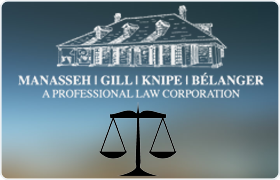 Greenwell Springs White Collar Crime Lawyers, Louisiana
Greenwell Springs White Collar Crime Lawyers, Louisiana
Sponsored Law Firm
-
 x
x

Click For More Info:
-
James Manasseh, Esq.
8075 Jefferson Highway Baton Rouge, LA » view mapCriminal, Personal Injury, Environmental, Family We Like Trying Cases!
For more than 20 years, the accomplished attorneys at our firm have provided sound legal representation to individuals facing serious criminal charges.
800-654-1690  James Manasseh Baton Rouge, LA
James Manasseh Baton Rouge, LAAttorney At Law - Louisiana, 1988
Paul M. Hebert Law Center, J.D. - 1988
 Frequently Asked Questions
Frequently Asked QuestionsMost F.A.Q.
 Contact UsEmail or Call 24/7
Contact UsEmail or Call 24/7Call today for your initial free consultation.
Lawyers
1-2 of 2 matches





 James Manasseh Baton Rouge, LA
James Manasseh Baton Rouge, LA Frequently Asked Questions
Frequently Asked Questions Contact UsEmail or Call 24/7
Contact UsEmail or Call 24/7